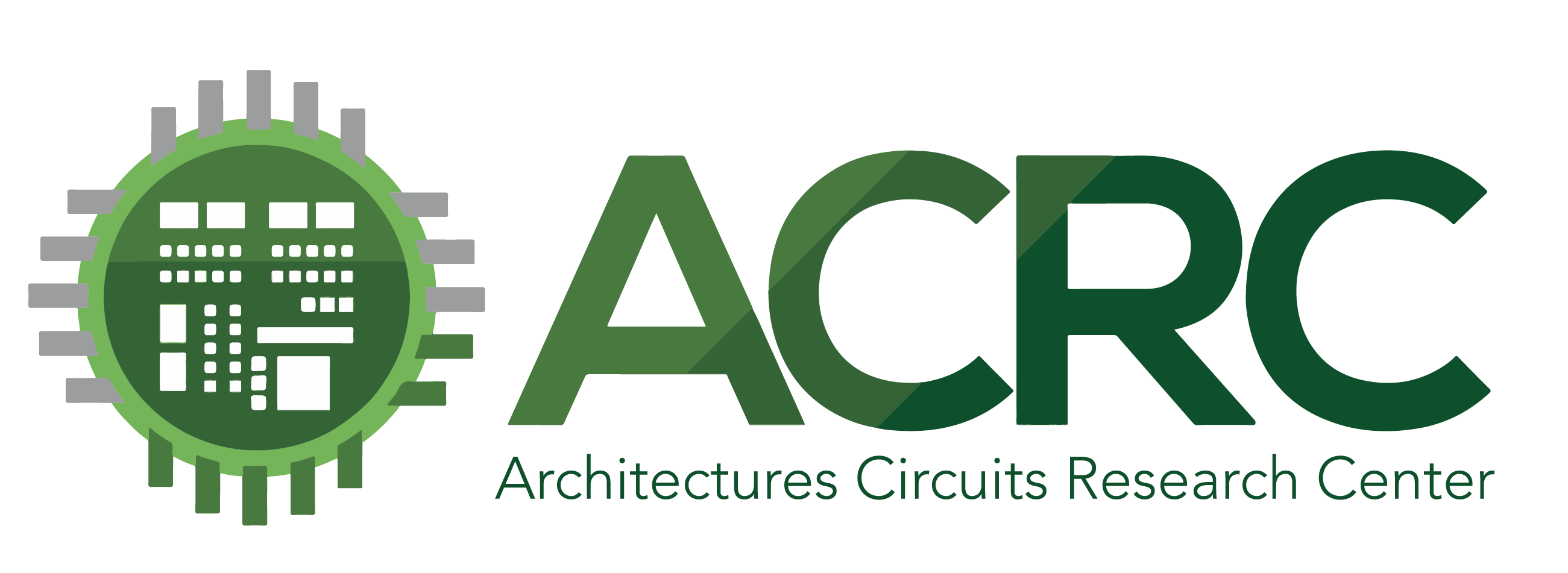The ability to detect single photons with high sensitivity and precision is revolutionizing the image sensors field. Single-photon avalanche diodes (SPAD) not only are extremely sensitive, but they also retain with high accuracy the photon arrival time, which opens a whole new world of opportunities. Conventional image sensors circuitry is not anymore enough to manage this device, which requires a completely different readout chain.
In this lecture, an overview of the SPAD potential, with pros and cons, will be addressed. Typical circuit topologies employed in SPAD-based image sensors will be described, along with some examples of applications and current trends.
Matteo Perenzoni (M’09, SM’19) graduated in electronics engineering from the University of Padua, Italy, and received tPh.D. in Physics from the University of Ferrara, Italy.
In 2002, he collaborated with the University of Padua on mixed-signal integrated circuit design for channel decoding. In 2004, he joined the Fondazione Bruno Kessler (FBK), Trento, Italy, as a Researcher working at the Integrated Radiation and Image Sensors (IRIS) Research Unit. Meanwhile, he also taught courses on electronics and sensors at the Master and Doctorate School, University of Trento, Trento. In 2014, he was a Visiting Research Scientist with the THz Sensing Group, Microelectronics Department, TU Delft, The Netherlands. From 2017 to 2021 he led the IRIS Research Unit at FBK, working in the field of radiation and image sensors using custom and CMOS technologies. Since 2021 he is with the Sony Europe Technology Development Centre in Trento, Italy, leading the analog IC design team. His research interests include advanced CMOS image sensors with a focus on single-photon detection, THz image sensors, and optimization of analog integrated circuits.
Dr. Perenzoni has been a member of the Technical Program Committee of the European Solid-State Circuit Conference (ESSCIRC), from 2015 to 2021 and of the International Solid-State Circuit Conference (ISSCC) from 2018 to 2022.
Important: participation is free of charge, but registration is required
For more details and updates on the series of “ACRC Semiconductor Webinars” please follow our newsletters and our website



